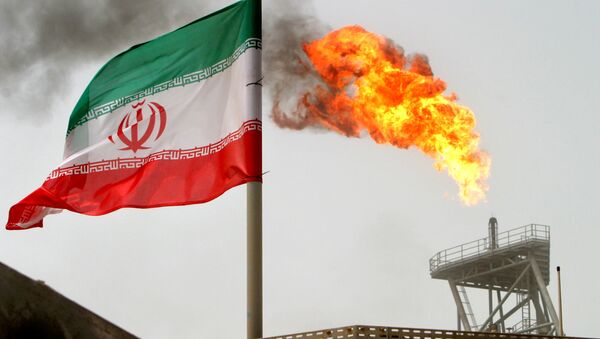Iran's representative to the Organization of Petroleum Exporting Countries (OPEC), Hossein Kazempour Ardebili, has warned that Trump's hopes that other countries will fill the gap in oil supply after the US imposes sanctions on Iranian oil will not come to pass and are based on a "miscalculation," Iran's PressTV has reported. He also noted that the US president was falsely led into the belief as a result of a "miscalculation by other oil producers."
"Saudi Arabia, the UAE and Russia pretended to be able to deliver 2.5 million barrels a day of Iranian exports […] That was a miscalculation, Mr. President: you have fallen in their trap, and prices will go up," Hossein Kazempour Ardebili said.
Saudi Arabia earlier assured that it will be able to fill the gap in oil supply caused by US sanctions against Iran, but a recent report by International Energy Agency (IEA) has showed that it is possible that Saudi Arabia might fail to pull it off.
READ MORE: Iranian Oil Minister Slams Trump's 'Order' to OPEC Members as 'Great Insult'
Donald Trump has previously scolded OPEC countries for "artificially" raising the oil prices by limiting output, claiming they are too high for the market and "ordered" the organization to increase production. Iranian Oil Minister Bijan Zanghaneh slammed Trump's order, noting that his messages "create uncertainty" in the market.
OPEC countries, in cooperation with several non-member oil producers such as Russia, have agreed to limit their oil production to restore pre-2014 oil prices. They are set to negotiate a prolongation of the agreement at the end of 2018.

